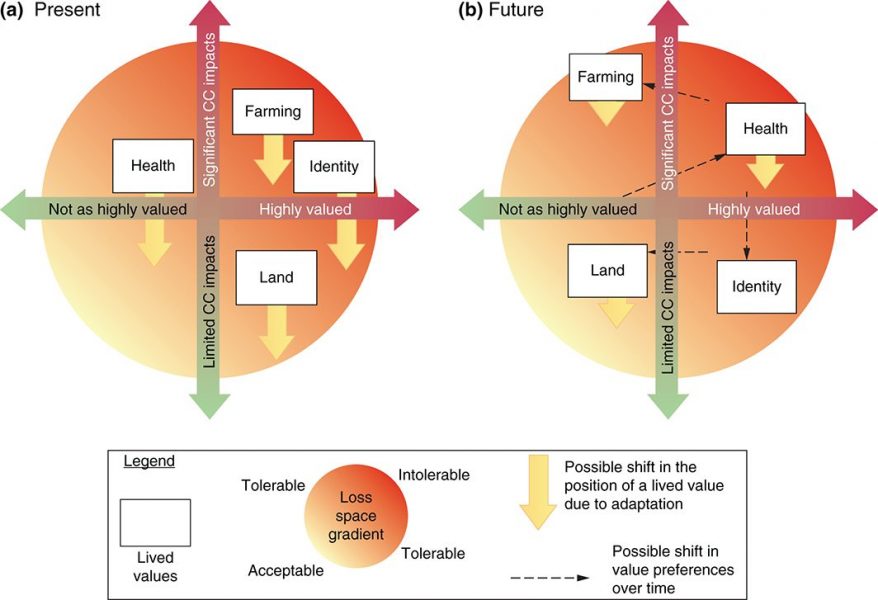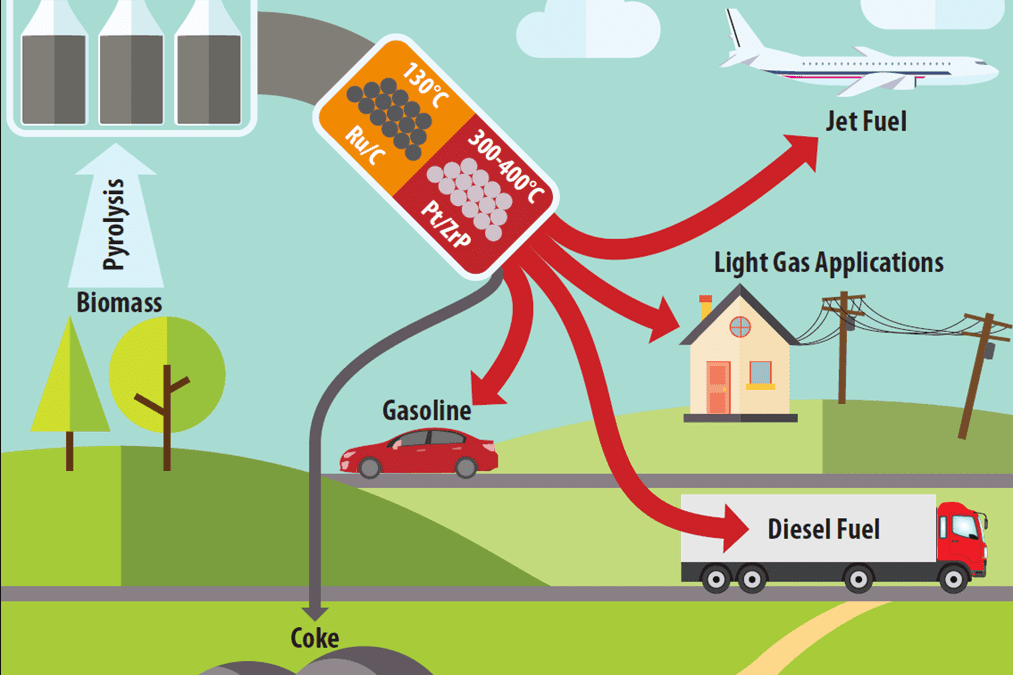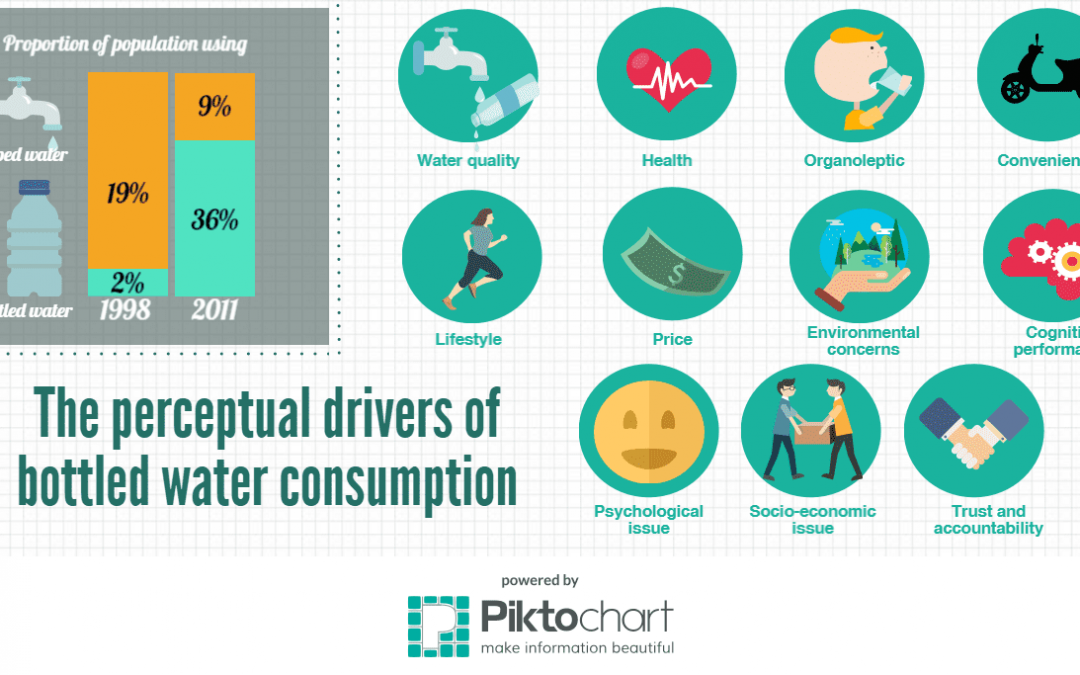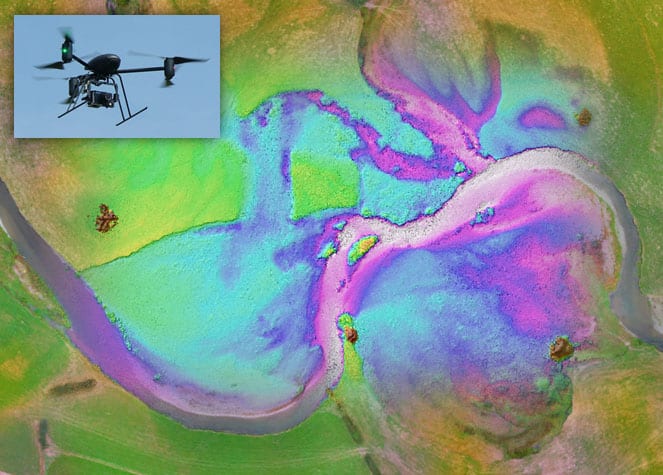Whathappens under a tree, or in the forest, when it rains? The answer to this fundamental question has occupied generations of forest hydrologists, forest ecologists, and biogeochemists.

Understanding Loss from Climate Change, as if People Mattered
A look beyond predefined risk assessments, an explicit focus on value- and place-based priorities and decision making processes to access the impact on vulnerable communities at the center of analysis, to identify where, how, and when to target concrete efforts for risk reduction and prevent intolerable losses due to climate change.

Algae as a Sustainable Raw Material for Biodiesel Production
A recent Review takes an in-depth look at the current status and future prospects of supercritical transesterification.

Is Local Knowledge An Extractable Resource?
A team of Fulbright NEXUS researchers takes stock of the literature and charts a path forward for situating the ‘local’ in climate change adaptation. (Image credit: Pekchar/Fotolia)

Interview: Advances in Carbon Dioxide Utilization
Prof. Elizabeth Biddinger talks about her recent article on copper-based catalysts for carbon dioxide electroreduction, which brings new insights towards the renewable conversion of carbon dioxide, a well-known greenhouse gas, into green fuels and chemicals.

Interview: The Next Generation Bioeconomy
Professor Christos Maravelias of the University of Wisconsin–Madison, USA, and Dr. Jeffrey Herron, now of The Dow Chemical Company talk about their recent article on a systems level approach to biomass upgrading strategies for the next-generation biorefinery.

The Drivers of Bottled Water Consumption
A recent review discusses the various factors that promote bottled water as superior to tap water.
Go with the Flow: Protecting Undervalued Ecosystems
Temporary rivers fluctuate between flowing, pool and dry states, making their instream habitats more dynamic and variable than those in equivalent rivers with year-round flow.

Drone Flying is a New Method for Monitoring River Habitats
Monitoring the quality and distribution of physical habitat parameters in rivers, such as water depth, grain size and flow velocity, is vital for species survival.
The Terrestrial Hydrologic Cycle – A Historical Sense of Balance
Christopher J. Duffy attempts to trace the historical theme of the terrestrial hydrologic cycle as it was understood and represented by scholars of natural philosophy.










